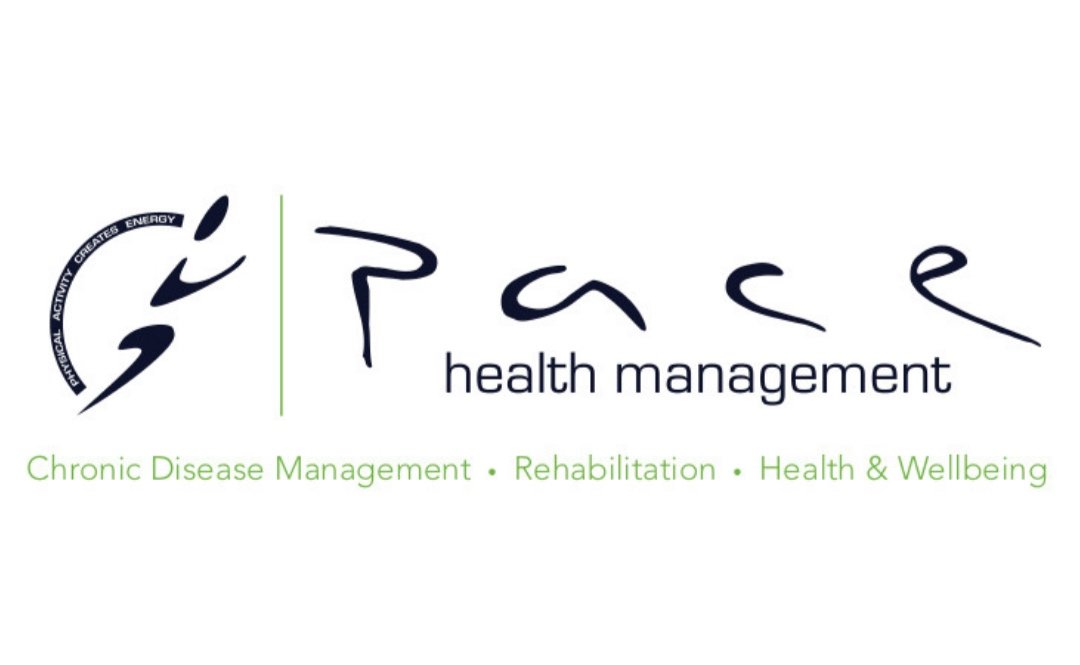The Vital Link Between Exercise and Cardiovascular Health
Cardiovascular disease (CVD) remains one of the leading causes of death globally, underscoring the urgent need for effective preventive and management strategies. Amidst various approaches, exercise emerges as a cornerstone in the fight against CVD. While it may seem counterintuitive to exercise when dealing with a condition affecting the heart and blood vessels, numerous studies underscore its critical role in improving outcomes and enhancing quality of life for those with cardiovascular issues.
Understanding Cardiovascular Disease
Before delving into the benefits of exercise, it's crucial to grasp the nature of cardiovascular disease. CVD encompasses a range of conditions affecting the heart and blood vessels, including coronary artery disease, hypertension, stroke, and heart failure. These conditions often result from a combination of genetic predisposition, lifestyle factors (such as poor diet and lack of exercise), and other health issues like diabetes or obesity.
The Role of Exercise in Cardiovascular Health
Exercise is not merely beneficial; it is essential for managing and preventing cardiovascular disease. Here’s how:
Improving Cardiovascular Function: Regular physical activity strengthens the heart muscle, enhances its efficiency, and improves circulation. This reduces the workload on the heart and lowers blood pressure, which are crucial factors in managing conditions like hypertension and coronary artery disease (American Heart Association).
Lowering Risk Factors: Exercise helps control various risk factors associated with CVD, such as obesity, high cholesterol levels, and insulin resistance. For instance, aerobic exercise has been shown to decrease levels of LDL (bad) cholesterol and increase HDL (good) cholesterol, thereby reducing the risk of plaque buildup in arteries (Mayo Clinic).
Enhancing Overall Health: Beyond its direct impact on the heart, regular exercise contributes to overall health and well-being. It promotes weight management, boosts mood through the release of endorphins, and enhances sleep quality—all of which are crucial components of a heart-healthy lifestyle.
Tailored Exercise Programs for Cardiovascular Patients
While the benefits of exercise for cardiovascular health are clear, it’s essential to approach physical activity with caution, especially for individuals with existing heart conditions. This is where the expertise of accredited exercise physiologists becomes invaluable. These professionals are trained to design personalized exercise programs that take into account an individual’s specific condition, current fitness level, and any potential limitations.
Seeking Professional Support
PACE Health Management offers accredited exercise physiologists who specialize in creating safe and effective exercise regimens for those with cardiovascular disease. Whether you’re looking to prevent heart issues or manage an existing condition, their expertise ensures that your exercise program is tailored to your unique needs.
Exercise isn’t just a beneficial component of cardiovascular disease management—it’s a vital one. From improving heart function to reducing risk factors and enhancing overall well-being, physical activity plays a crucial role in maintaining a healthy heart. However, it’s important to seek guidance from professionals like those at PACE Health Management to ensure that your exercise program is safe and effective.
If you or someone you know is dealing with cardiovascular disease, take the first step towards a healthier heart today. Contact PACE Health Management to schedule a consultation with one of their accredited exercise physiologists and embark on a journey towards better cardiovascular health.
Remember, every step counts when it comes to your heart—let exercise be your ally in the fight against cardiovascular disease.
